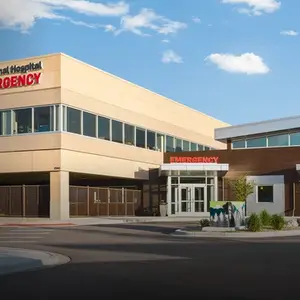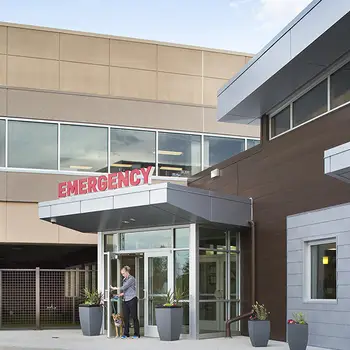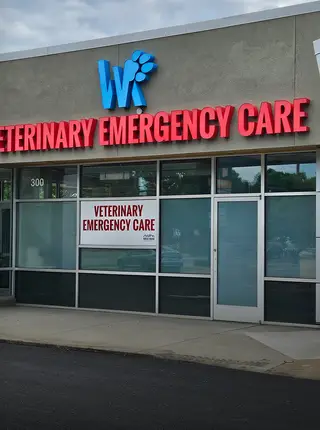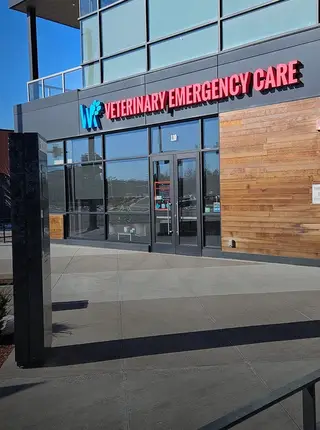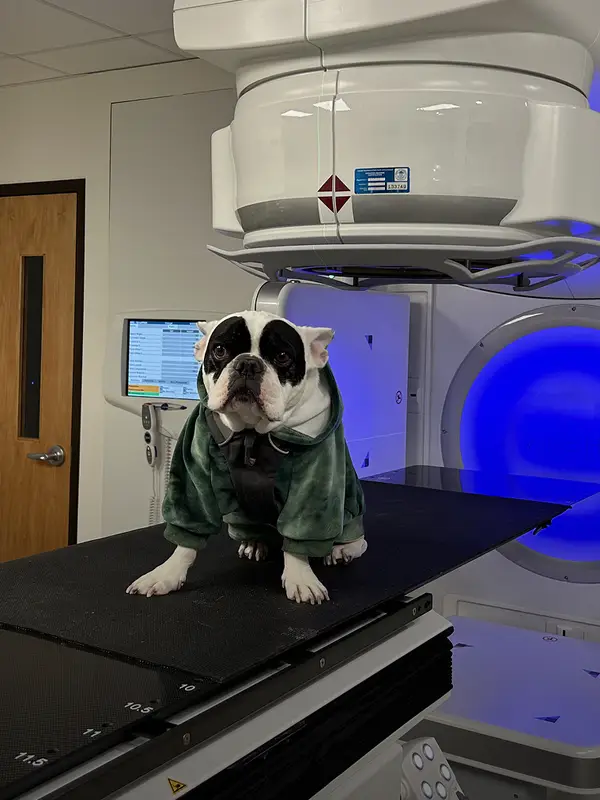
Radiation Oncology
At Wheat Ridge Animal Hospital
With best-in-class medicine, technology, and an expert team, we’re fully prepared to provide the complete, compassionate care your pet needs.
We’re here for you (and them)
Schedule a visit. No referral needed.
We want you and your pet to have the best experience possible. If you need us to reach out to your primary care veterinarian for your records, we’re happy to do so.

You've come to the right place
Our team of board-certified oncologists are highly skilled in managing cancer cases and providing comprehensive care.

What is Radiation Therapy?
The term radiation therapy refers to the use of directed energy (i.e. radiation) to kill cancer cells. The radiation most frequently used to treat tumors in dogs and cats is photon radiation. The properties of photon radiation used for cancer treatment are very similar to the properties of radiation used to create a diagnostic image (for example, an x-ray to evaluate a broken bone). However, therapeutic radiation is much higher energy, which means different tissue penetration and damage.
Prepare for your visit
- 01Call us directly to schedule an appointment or register your pet before you arrive.
- 02We’ll gather your pet’s records and collaborate with your primary care veterinarian.
- 03Note your pet’s medications, food type, eating habits, and symptoms.
During your visit
- 01We’ll examine your pet and talk through any additional tests, if needed.
- 02If your pet is admitted to the hospital, we’ll contact you with any updates or changes in your pet’s condition.
- 03You’ll receive a treatment plan, any medication, and helpful guidance before you leave. If your pet was admitted to the hospital, please allow up to one hour for the discharge process.
After your visit
- 01Follow the treatment plan as prescribed by your vet and attend any follow-up visits.
- 02You know your pet best. If anything seems amiss or you have any concerns, give us a call — we’re here for you.
- 03Our team will continue to partner with your primary veterinarian as a part of your pet’s ongoing care.
Our radiation oncology team
When your pet needs care, our highly trained specialists are here to help.
Frequently asked questions
Understand more about your pet’s condition and treatment options.


